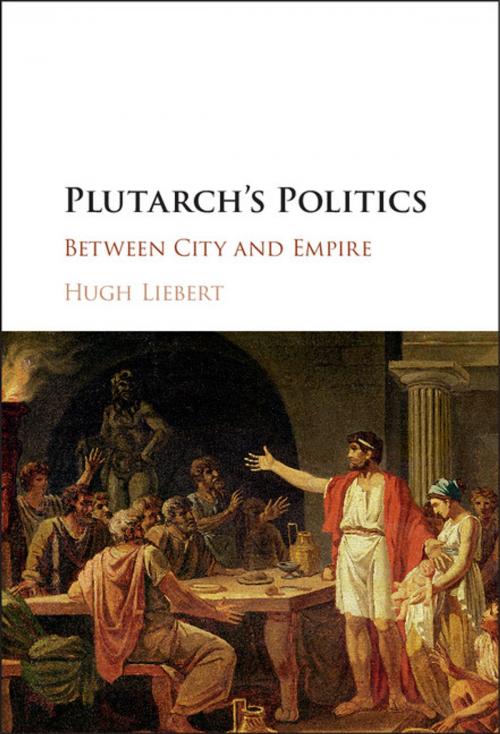Plutarch's Politics
Between City and Empire
Nonfiction, Social & Cultural Studies, Political Science, Politics, History & Theory| Author: | Hugh Liebert | ISBN: | 9781316789513 |
| Publisher: | Cambridge University Press | Publication: | September 8, 2016 |
| Imprint: | Cambridge University Press | Language: | English |
| Author: | Hugh Liebert |
| ISBN: | 9781316789513 |
| Publisher: | Cambridge University Press |
| Publication: | September 8, 2016 |
| Imprint: | Cambridge University Press |
| Language: | English |
Plutarch's Lives were once treasured. Today they are studied by classicists, known vaguely, if at all, by the educated public, and are virtually unknown to students of ancient political thought. The central claim of this book is that Plutarch shows how the political form of the city can satisfy an individual's desire for honor, even under the horizon of empire. Plutarch's argument turns on the difference between Sparta and Rome. Both cities stimulated their citizens' desire for honor, but Sparta remained a city by linking honor to what could be seen first-hand, whereas Rome became an empire by liberating honor from the shackles of the visible. Even under the rule of a distant power, however, allegiances and political actions tied to the visible world of the city remained. By resurrecting statesmen who thrived in autonomous cities, Plutarch hoped to rekindle some sense of the city's enduring appeal.
Plutarch's Lives were once treasured. Today they are studied by classicists, known vaguely, if at all, by the educated public, and are virtually unknown to students of ancient political thought. The central claim of this book is that Plutarch shows how the political form of the city can satisfy an individual's desire for honor, even under the horizon of empire. Plutarch's argument turns on the difference between Sparta and Rome. Both cities stimulated their citizens' desire for honor, but Sparta remained a city by linking honor to what could be seen first-hand, whereas Rome became an empire by liberating honor from the shackles of the visible. Even under the rule of a distant power, however, allegiances and political actions tied to the visible world of the city remained. By resurrecting statesmen who thrived in autonomous cities, Plutarch hoped to rekindle some sense of the city's enduring appeal.















